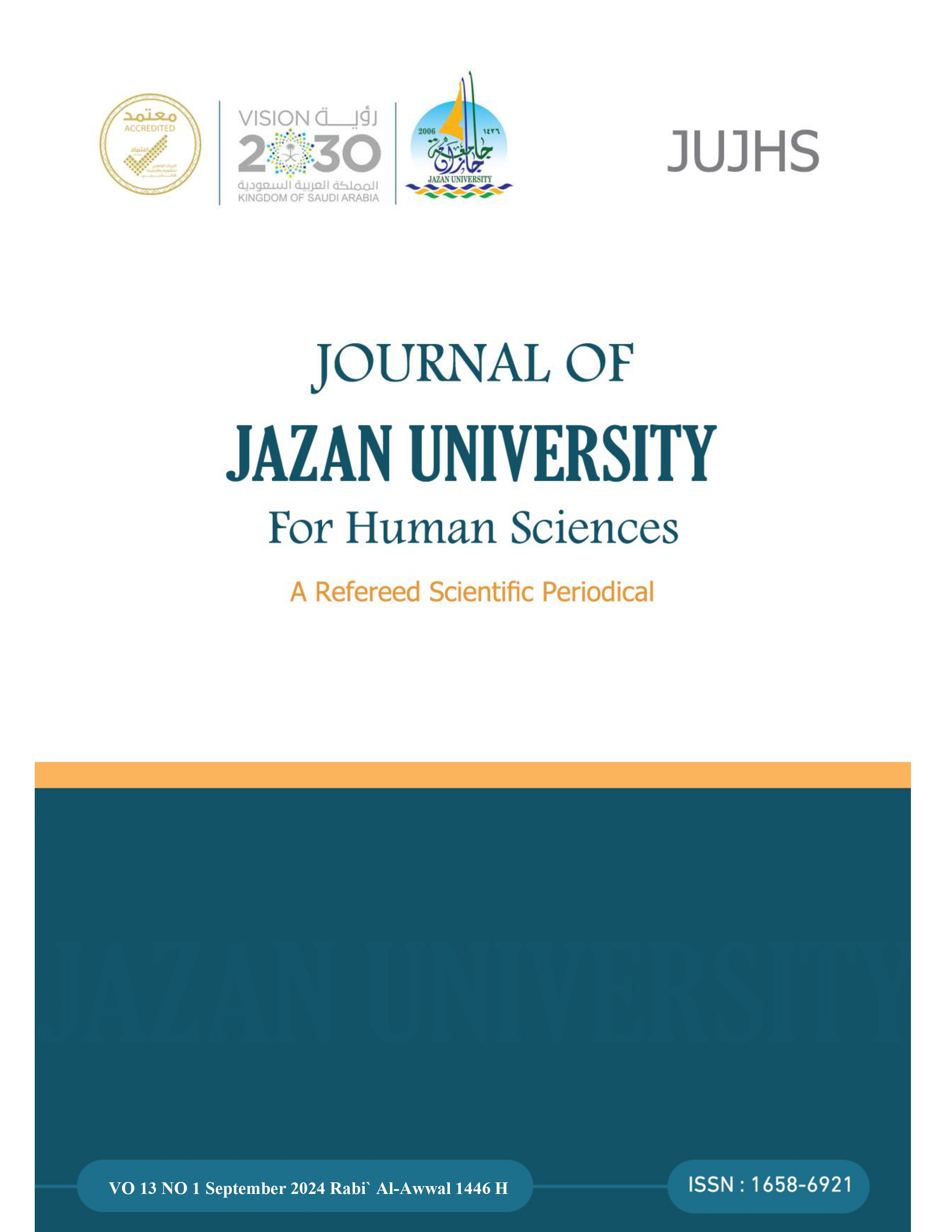Incarnation in Christianity and AbuAlFadl Al-MSaudi’s Attitudes Towards it
Keywords:
Incarnation, The Eternal Word, Abu Al-Fadl Al-Msudi, Union, SolutionsAbstract
The research deals with the issue of incarnation in Christianity which claims that the eternal Word was incarnated in Christ and resided in him to atone for humanity's sins. Christ, for them, was the incarnate Son of God who was begotten and equal to Him in the divine nature. The research highlighted the attitude of Abu Al-Fadl Al-Saudi Al-Maliki towards incarnation, who decided that it is a pagan doctrine because the Gospel texts about Christ as the eternal Word are not true and lack references. His birth without a father is not evidence for being the eternal Word because Allah created many creatures without father or mother. The research dealt with Al-Saudi attitude towards the incarnation after the union of the hypostasis of the Son with Christ, as they claim. Did the hypostasis of God remain in Christ with his both divine and human nature and will without changing? If there is a change, has the divine part changed or the human part? What is the nature of the union that occurred in Christ? Who is born of Mary? Was only man born, or were God and man born? The research demonstrated the contradiction of the Christian sayings to the axioms of reason and their contradiction with other texts of the Gospel "Had it been from other than Allah, they would surely have found therein much contradictions". Islam, hence, was the religion of God that He had chosen for His servants, and denial of polytheism was brought by all messengers.
Downloads
Downloads
-
PDF (Arabic)
49
13
Published
Issue
Section
License
Copyright (c) 2024 CC Attribution 4.0

This work is licensed under a Creative Commons Attribution 4.0 International License.





